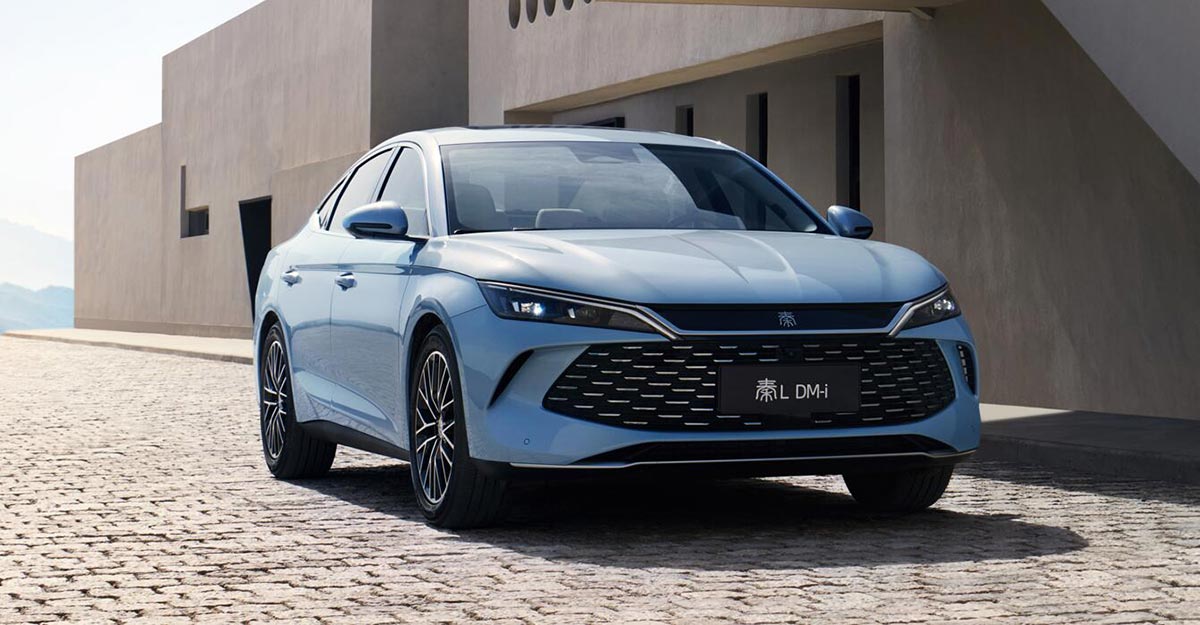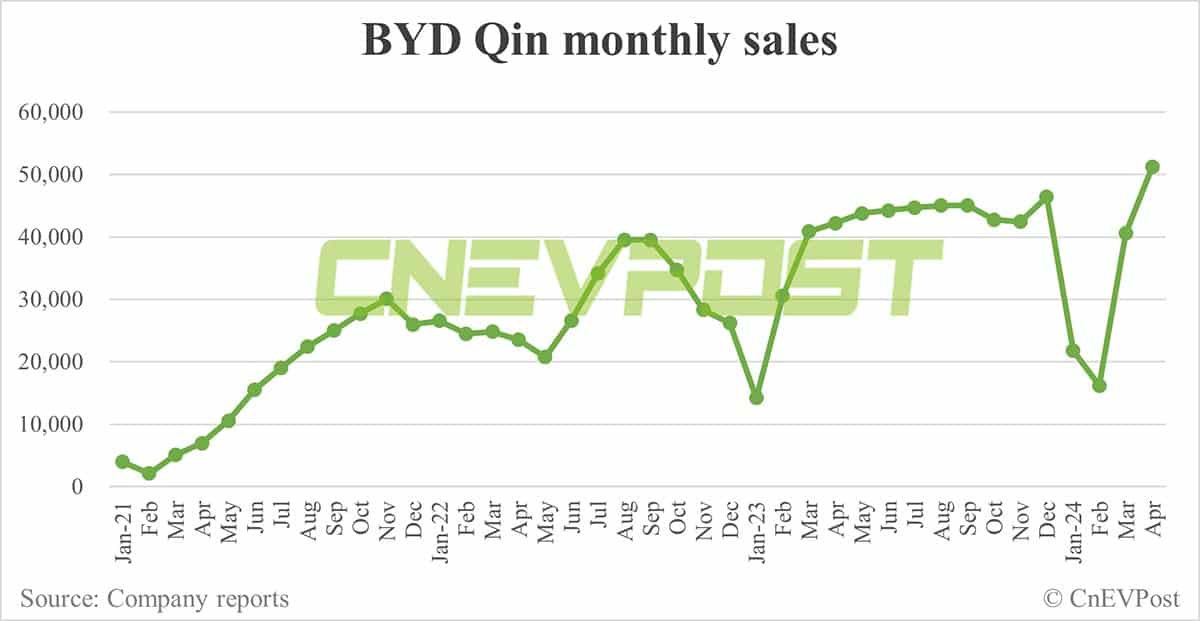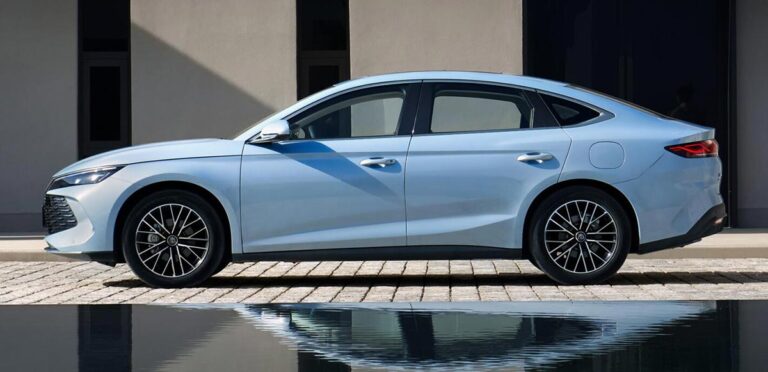“While new launches should boost wholesale volume, we would monitor whether it could spark another round of price competition,” Morgan Stanley said.

BYD (HKG: 1211, OTCMKTS: BYDDY) unveiled its fifth-generation DM (Dual Mode) technology yesterday, as well as the first two new models based on it, the Qin L DM-i and the Seal 06 DM-i, to solidify its leadership position in the new energy vehicle (NEV) industry.
In Morgan Stanley's view, BYD's move will help it increase its own sales, as well as grow in overseas markets, but at the same time will potentially spark tougher price competition, especially for traditional internal combustion engine carmakers.
“While new launches should boost wholesale volume, we would monitor whether it could spark another round of price competition,” analyst Tim Hsiao's team said in a research note onvernight.
The Qin L DM-i and Seal 06 DM-i are both mid-size sedans, both offered in five variants, and both have a starting price range of RMB 99,800 ($13,770) to RMB 139,800.
The fifth-generation DM technology allows the engine to achieve a thermal efficiency of 46.06 percent and reduces fuel consumption to just 2.9 liters per 100 kilometers, allowing the vehicle to travel up to 2,100 kilometers on a full tank of fuel and a full charge.
Earlier this year, BYD has already launched Glory edition updates for a number of models, although the hybrid offerings were still based on the fourth-generation DM technology.
BYD's introduction of its fifth-generation DM technology with the launch of the Qin L and Seal 06, both priced below RMB 100,000, further bolsters the company's ambitions to capture share from joint venture carmakers this year, Hsiao's team said.
Since the two models are effectively priced to rival JV brands' internal combustion engine cars, it's worth watching how the Volkswagen Passat, Toyota Camry, and Honda Accord react in the coming months, the team noted.
Morgan Stanley expects BYD to launch another four to six new models based on its fifth-generation DM-i platform in the coming months, despite launching more than 10 facelifted models for its Dynasty and Ocean lines earlier this year.
BYD said it will sell both fourth- and fifth-generation DM-i models to better meet market demand, Morgan Stanley noted.
The team expects the Qin L to contribute incremental net sales of 20,000 to 30,000 units per month to the entire Qin lineup, although the existing Qin lineup could be cannibalized.
In the January-April period, the Qin family of models sold 129,697 vehicles, up 1.5 percent year-on-year, contributing 13.8 percent of BYD's total NEV sales, according to data compiled by CnEVPost.
Morgan Stanley expects the launch of the new models to bode well for BYD's wholesale in the coming months, with the company likely to restock its channel inventory nationwide in preparation for a possible peak season sales increase in the second half of the year.
The launch of BYD's fifth-generation DM technology could also be key to achieving its export targets of 500,000 units in 2024 and 1 million in 2025, as plug-in hybrids may be more popular than pure electric vehicles in emerging markets where charging infrastructure is still underdeveloped, the team said.
($1 = RMB 7.2489)

